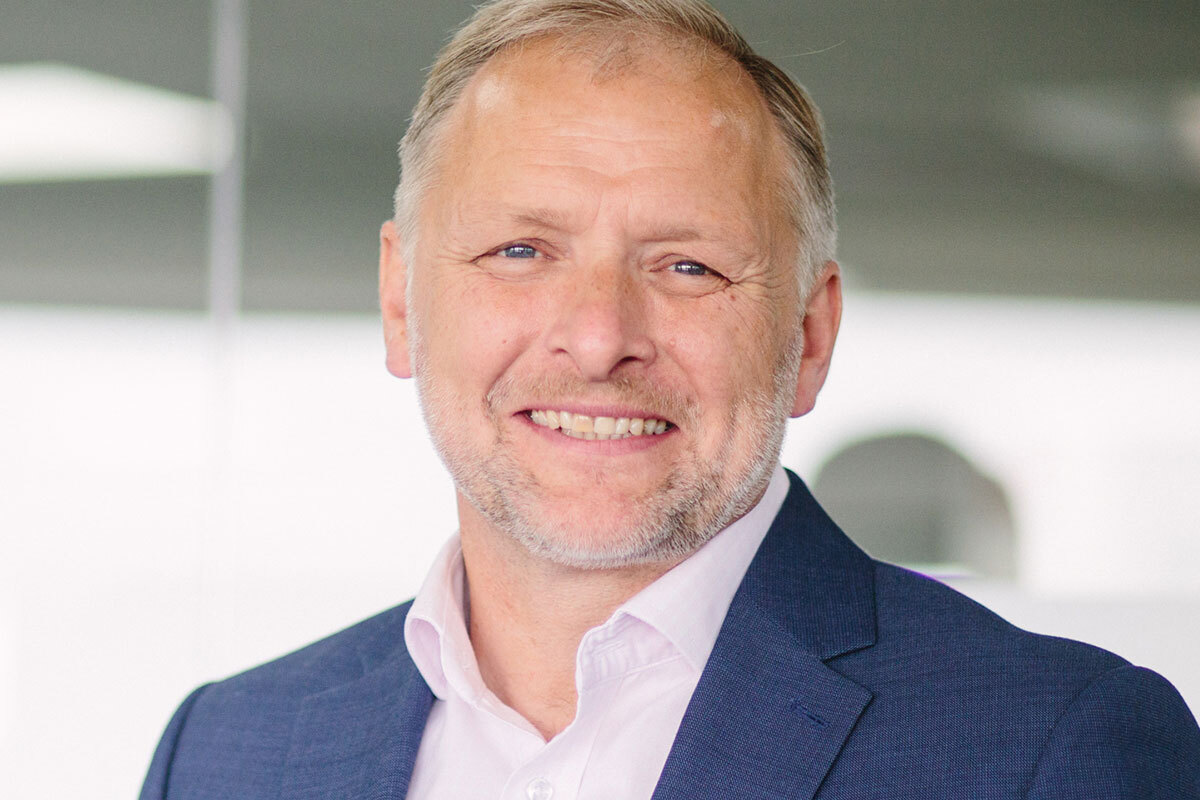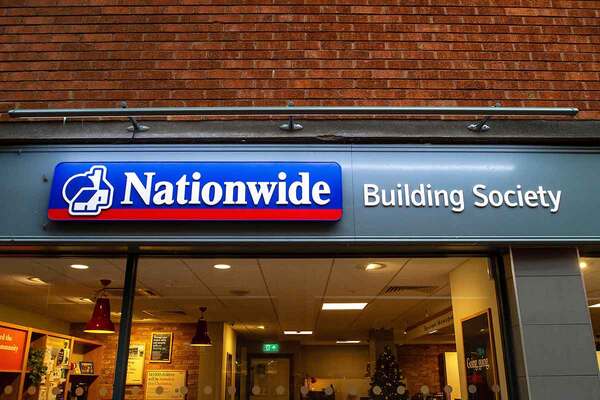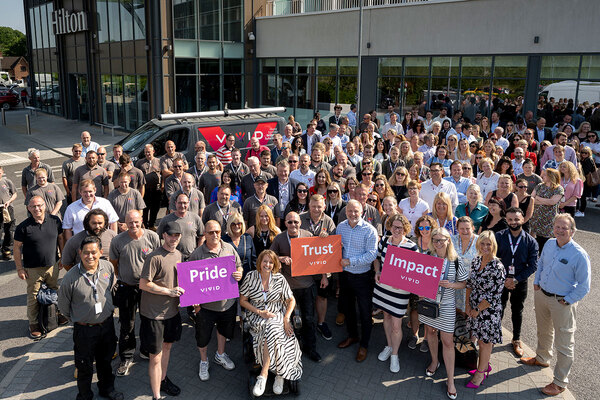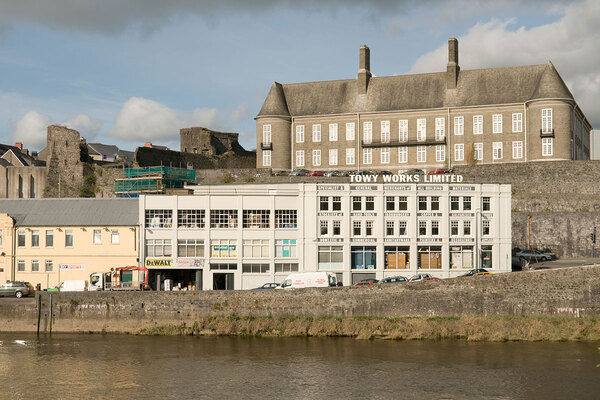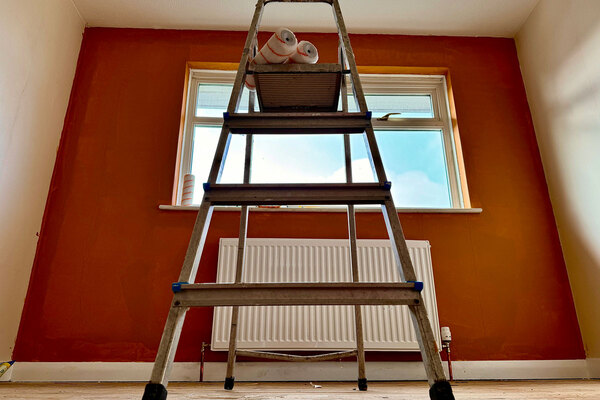You are viewing 1 of your 1 free articles
Vivid builds record number of homes as surplus hit by high interest rates
Large social landlord Vivid built a record number of homes in 2023-24, as its annual surplus was damped by high interest costs.
The South of England landlord built 1,524 new homes, according to its annual results for the year to 31 March 2024. It said this was the most it had ever delivered in a year since its formation in 2017.
Mark Perry, Vivid’s chief executive, told Inside Housing the landlord’s “medium-term plan is to build between 1,400 and 1,600 new homes a year”.
Mr Perry said Vivid had bought or gained control of enough land over the past few years to build around 10,000 homes.
“We started to take advantage of the land market as we try to move away, like most of the sector, from Section 106 into land-led development,” he said. “That has allowed us to see a programme of new homes over the next three or so years.”
Vivid said it has 9,413 homes in the pipeline and has entered into contracts for 2,021 new homes.
“We’ve kept quite a tight watch, not just last year, but over the last few years, on our finances to make sure that we’re running the organisation as efficiently as we can, and doing the things that add value to our customers,” Mr Perry said, a strategy that has generated cash to fund development.
He added that the landlord had worked hard to support small and medium-sized enterprises in the areas in which it works. “We have a relationship of trust with those small and medium-sized contractors and house builders,” Mr Perry said, adding that this was the case with local authorities, too.
However, Vivid’s surplus for the year was down 25%, falling from £71.8m the previous year to £53.8m.
This was down to a hike in interest and financing costs, which rose by 41% to £61.2m in 2023-24. Although Vivid’s interest income more than tripled, it did not offset the overall drop.
It also had a lower share of surplus in joint ventures, which fell from £64,000 to £37,000.
“The interest rate volatility has been a problem in the market over the last 18 or so months,” Mr Perry said.
“During the course of the next year and the year after next, we’ll probably go to the bond markets to take out some of the short-term facilities that we’ve put in place.”
Several other large landlords have reported drops in their surplus. Mark Washer, chief executive of Sovereign Network Group, said the housing association would remain a “developing landlord” despite reporting a 12% fall in annual surplus.
Platform also reported a drop in its net surplus after tax, which fell from £85m to £41.4m in the year ending on 31 March 2024, due to a number of one-off costs.
Vivid’s turnover increased year on year, rising 7.5% to £357.9m, and its operating surplus also rose to £109.9m from £106.2m.
Its EBITDA MRI interest cover fell from 177% in 2022-23 to 144%, echoing sector-wide shifts. The landlord also invested £87.5m in repairing, maintaining and improving customers’ homes. Spending per unit has increased steadily over the years, rising 11% to £4,275 in 2023-24, with a 2025 target of £4,324.
This is down to maintenance, building safety and zero-carbon costs, Mr Perry said. “We’ve been very good at dealing with emergency repairs, and we’ve been less good, I think, at dealing with non-urgent repairs, so we’ve invested quite heavily in that.”
He added that Vivid had invested in technology “to make it easier for people to contact us and have a digitally enabled service”.
“That’s borne quite a lot of fruit this year in terms of how quickly we’re able to respond to our customers’ queries and how much they’re able to do online themselves.”
Looking to the future, he said he was “cautiously optimistic” about the new government.
“Some of those changes are really positive, and it’s good to have a government which, I think, understands the problem and the scale of the problem,” Mr Perry said.
Sign up for our development and finance newsletter
Already have an account? Click here to manage your newsletters
